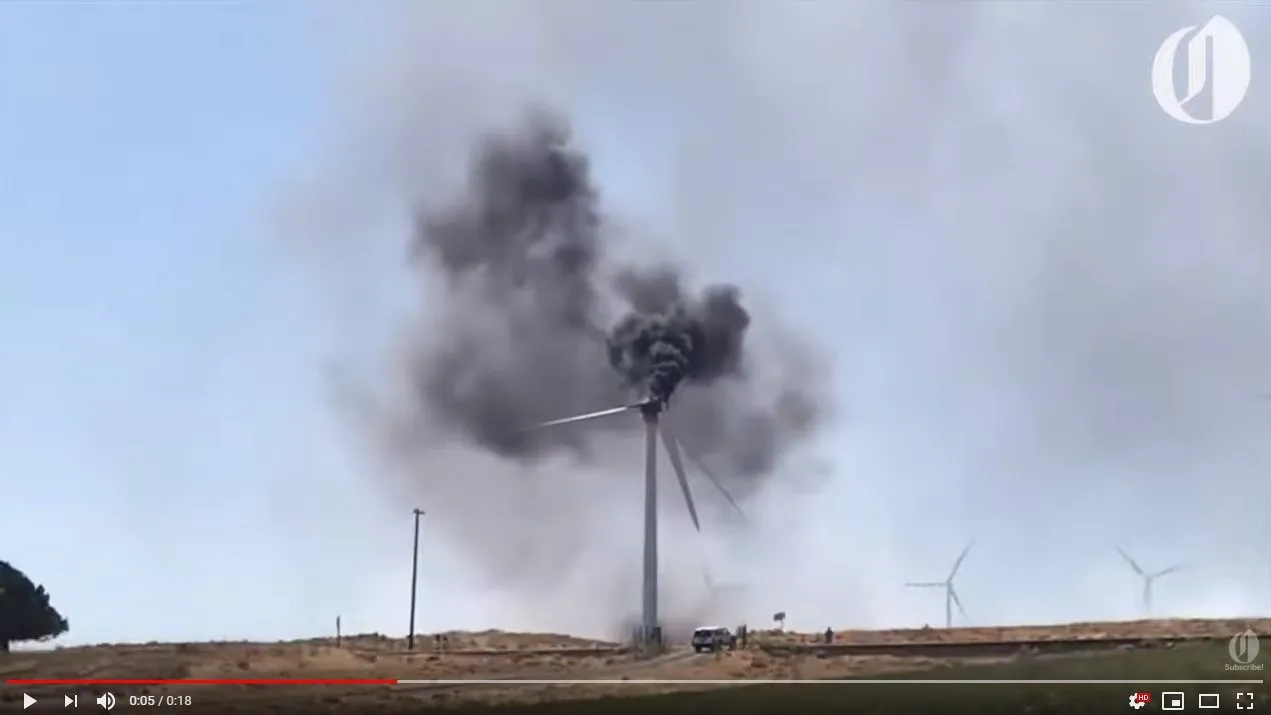Table of Contents
One of the biggest of the innumerable Big Lies of the climate lobby is that “renewables are cheaper than fossil fuels”. If this is true, one must ask two simple questions: why are energy costs spiralling in direct correlation with adoption of renewables, everywhere it’s being tried? And why do renewables require such astonishing amounts of taxpayer subsidies?
So, renewables are taking two massive bites out of the arses of citizens: most directly in soaring power bills. “100% renewable” South Australia has the highest electricity prices in the world. In Britain, thousands freeze to death every winter simply because they cannot afford heating.
The second massive chunk is the gargantuan mouthful of taxpayer’s money the renewable scammers pocket every year.
Energy Minister Angus Taylor noted that the Commonwealth Budget added $1.3 billion to assist uneconomic renewable energy, bringing the total support to $22 billion by 2030. Added to direct budget support are the regulatory subsidies that force consumers to pay for otherwise unviable wind and solar energy as well as the networks that have to be built to bring their energy to market.
Of course, the rent-seekers and their apologists try to counter with the whataboutism that “fossil fuels get subsidies, too!” Note that this does nothing to disprove that renewables are massively propped up by the taxpayer.
In any case, this is yet another Big Lie: of the claimed “$10 billion in subsidies”, nearly all of that is actually a tax break to consumers. The Fuel Tax Credits Scheme is not a “subsidy” by any stretch of the imagination.
The rebate is simply a recognition that excise on fuels in Australia, and the world over, were introduced as a means of paying for roads by charging the users rather than the general public; farm, mining, and other such vehicles do not use public roads and taxing their fuel would contravene the cardinal taxation rule of avoiding taxing inputs into production.
So, that’s 80% of the so-called “subsidies” to fossil fuel ruled out.
Other than the diesel fuel rebate, the Australia Institute includes within its compilation of spurious subsidies, the Grid Reliability Fund to support energy security, the Carbon Capture Use and Storage Development Fund, payments to refineries to increase liquid fuel stocks and up to $2 billion for the Fuel Security Services Payment. It even includes $79 million from the Victorian Government used to support a carbon capture and storage project, and a brown-coal-to-hydrogen project.
So, of the remaining “subsidies”, the Grid Reliability Fund is actually a measure designed to soften the destabilising impact of intermittent renewable sources on grids which are designed for reliable, steady input.
The fact is that fossil fuel production and use in Australia face heavy taxes, their production is impeded by punitive regulatory regimes, and massive subsidies on renewable energy wreck their market competitiveness. Government documents nowadays avoid identifying and publicising the full extent of renewables subsidies. But, in an estimate that was not contested, I put them at $7 billion a year for 2019.
This is no mere, arcane economist’s argument — although $22 billion of taxes that’s not going to useful things is hardly immaterial to taxpayers — world events are proving to be the hangman’s noose that sharpens the mind. In a dreadful way, Vladimir Putin has done the West a service by giving us a glimpse of just what a “net zero” future really looks like.
Hostility to conventional and nuclear fuels on the part of governments, activists, and the investment community has led to a lack of investment and closures of mines and power stations. The upshot is energy shortages. These have been compounded by actions against Russia, one nation that has not shared the dream of a carbonless future. The resulting shortage of usable energy has resulted in soaring prices.
Analysts at Thunder Said Energy estimate that this year world energy costs will compromise 13 per cent of global GDP. That compares to the traditional level of under 4 per cent and surpasses the level it reached in 1980 at the height of the OPEC oil crisis.
Spectator Australia
Any fool can see that rapid development of reliable new fossil fuel sources is urgently needed. But that’s not to reckon with the utter cretins running governments and green NGOs. The green rot has infected even the supposedly hard-headed Masters of the Universe, mostly via the vector of gargantuan union-controlled superannuation funds.
It says it all, really: working peoples’ retirement money is being used to fund policies which send working people to the wall.








